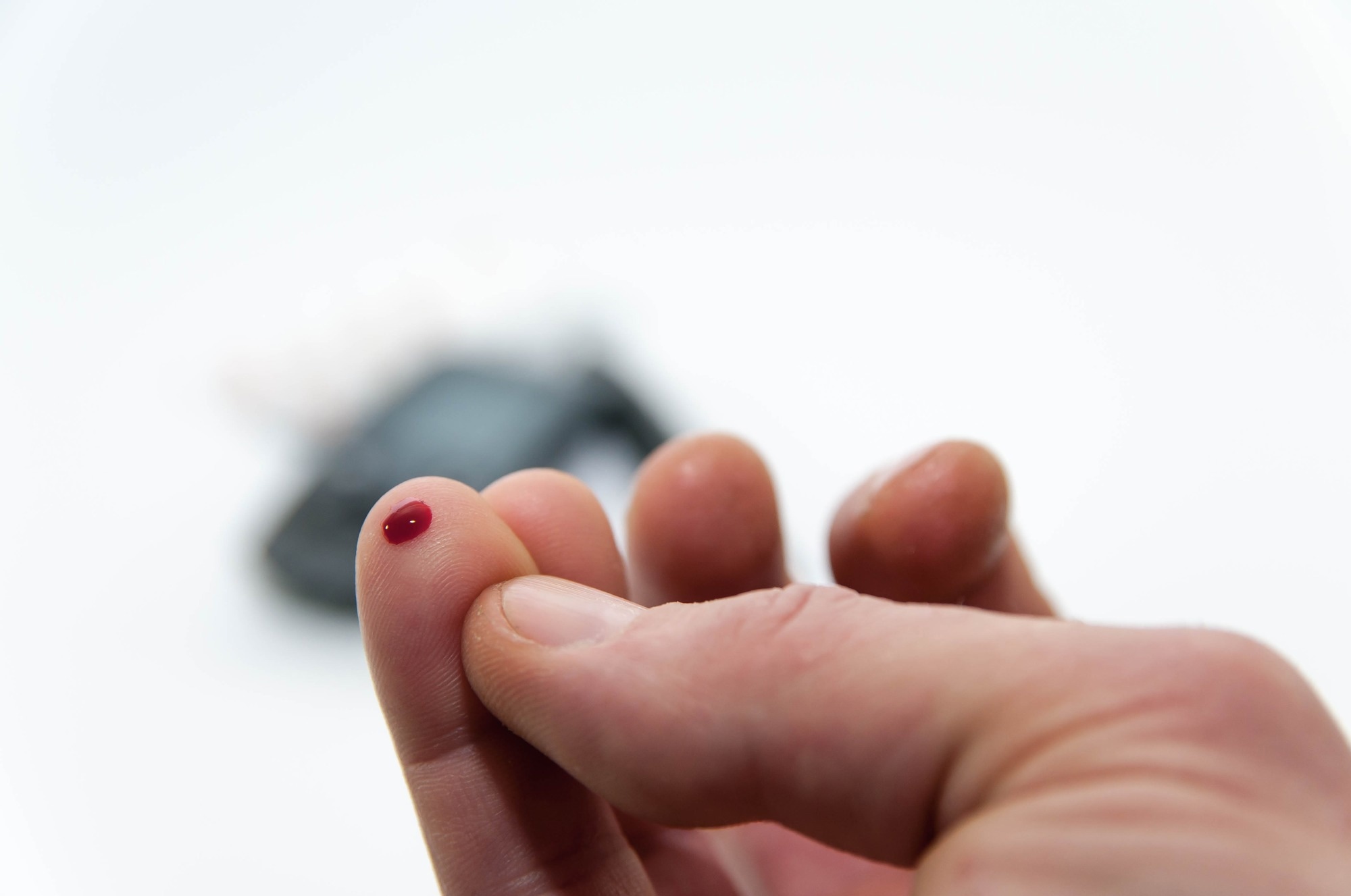[ad_1]
In a current examine revealed within the journal Vitamins, researchers evaluated the results of train on urge for food in folks with kind 2 diabetes mellitus (T2DM) or prediabetes.
The worldwide prevalence of T2DM and prediabetes has been steadily rising, with about 537 million folks dwelling with diabetes in 2021, in comparison with 108 million in 1980. Weight problems and obese are main danger components for diabetes, and weight discount reduces the chance of diabetes. Subsequently, a standard physique weight is important for diabetes prevention and therapy.
Life-style interventions and larger bodily exercise are most well-liked choices for T2DM therapy and prevention. The affect of train on power stability, urge for food, and physique weight has been studied much less in T2DM or prediabetes sufferers. Thus, a greater understanding of the results of train on urge for food and its regulation in prediabetes or T2DM sufferers could enhance current train suggestions.
 Research: The Affect of Acute and Persistent Train on Urge for food and Urge for food Regulation in Sufferers with Prediabetes or Kind 2 Diabetes Mellitus—A Systematic Overview. Picture Credit score: Benedek Alpar / Shutterstock
Research: The Affect of Acute and Persistent Train on Urge for food and Urge for food Regulation in Sufferers with Prediabetes or Kind 2 Diabetes Mellitus—A Systematic Overview. Picture Credit score: Benedek Alpar / Shutterstock
In regards to the examine
The current examine evaluated how acute and continual train impacts urge for food and its regulation in T2DM or prediabetes sufferers. Research have been eligible in the event that they included a bout of acute bodily exercise or bodily coaching intervention, reported urge for food sensation scores, and in contrast train and non-exercise teams, totally different train regimes, or individuals with and with out T2DM or prediabetes following the identical intervention.
The Cochrane Central Register of Managed Trials (CINAHL), PubMed, and Internet of Science databases have been looked for research. References from included research have been additionally explored to establish extra research. Following deduplication, titles/abstracts have been screened, and full texts have been reviewed.
The next knowledge have been extracted: pattern dimension, individuals’ age, intercourse, physique mass index (BMI), train particulars, dietary regimens, examine length, medicines, urge for food scores, adversarial occasions, and urge for food scores. The chance of bias was assessed utilizing the physiotherapy proof database scale. The workforce carried out a story synthesis of the outcomes.
Findings
Of over 4,000 data recognized in database searches, seven research have been included. They have been revealed between 2013 and 23 and included 211 individuals. Of those, 183 individuals have been identified with T2DM and 28 with prediabetes. Two research examined the results of continual train on urge for food, 4 evaluated acute train, and one investigated each. The standard of proof for continual and acute interventions was rated nearly as good.
For assessments of satiety, nausea, starvation, and potential meals consumption, the instructions of results have been comparatively congruent in acute intervention research. No examine confirmed a simultaneous enhance in satiety and starvation; thus, particular person ranking scales may very well be translated right into a basic pattern of urge for food. After acute endurance train, there was both urge for food suppression or no impact for as much as 180 minutes following the session.
Two research measured urge for food scores a day after train, and one noticed a rise in urge for food. Additional, two research investigated resistance train; one reported an acute enhance in urge for food with resistance train, whereas the opposite reported suppressive results at a while factors. As well as, the previous examine reexamined the acute results after 12 weeks of coaching; the outcomes remained unchanged, with no continual modifications in urge for food scores.
In addition to, there have been no important modifications in urge for food hormone ranges within the two research, albeit the sensation of fullness elevated at a while factors. Likewise, urge for food scores declined, or there was no change following continual train. In a continual intervention examine with 108 individuals, satiety elevated whereas starvation decreased within the cardio endurance and resistance coaching plus cardio endurance train teams.
Within the endurance coaching group, pre-meal satiety elevated; within the mixed coaching group, pre- and post-meal satiety elevated after six months. Notably, continual results on urge for food scores have been inconsistent with modifications in urge for food hormones. Two acute intervention research in contrast individuals with and with out T2DM.
In a single examine, there have been no variations in urge for food scores between T2DM and non-T2DM teams following train. Within the different, there have been variations in need to eat and fullness between T2DM and non-T2DM topics. Additional, postprandial fullness declined a day after train solely in T2DM topics. No examine explicitly reported adversarial occasions.
Conclusions
The examine noticed that the results on urge for food different in folks with T2DM or prediabetes following acute train, whereas urge for food scores declined or have been unchanged after continual train. In acute intervention research, probably the most constant discovering was elevated perceived fullness in T2DM sufferers after train. Total, the findings present extra proof for the appetite-reducing impact of (continual) train in prediabetes or T2DM topics.
Journal reference:
- Konitz C, Schwensfeier L, Predel HG, Brinkmann C. The Affect of Acute and Persistent Train on Urge for food and Urge for food Regulation in Sufferers with Prediabetes or Kind 2 Diabetes Mellitus—A Systematic Overview. Vitamins, 2024, DOI: 10.3390/nu16081126, https://www.mdpi.com/2072-6643/16/8/1126
[ad_2]
